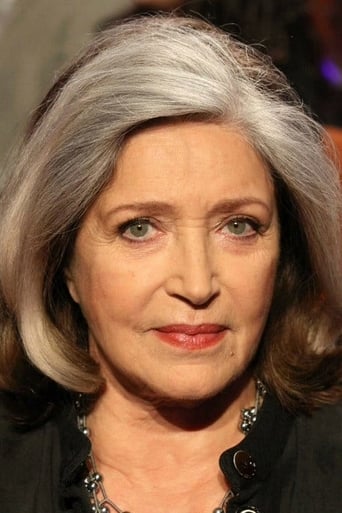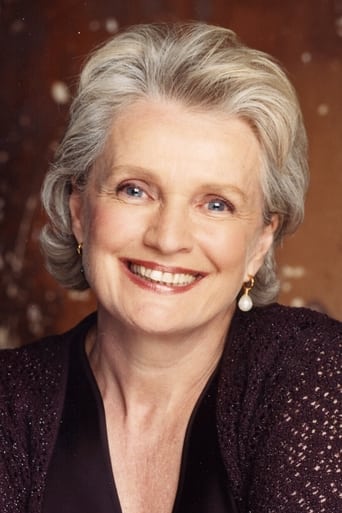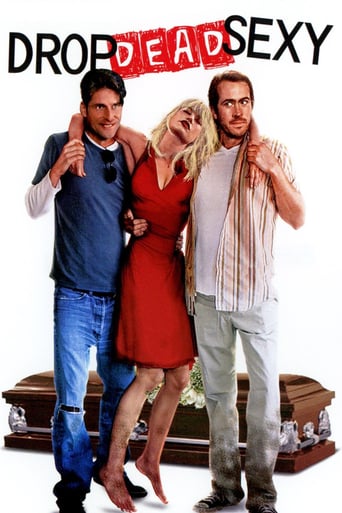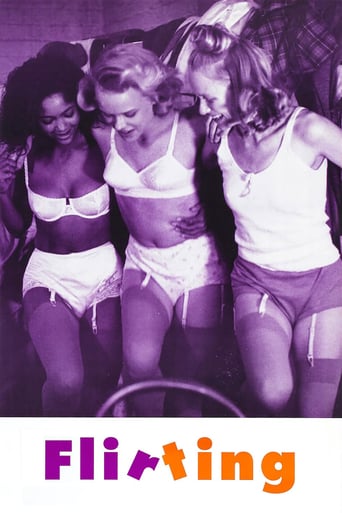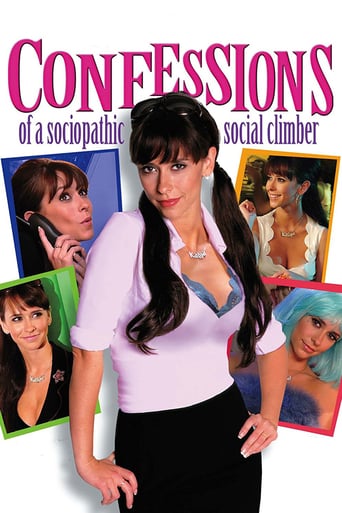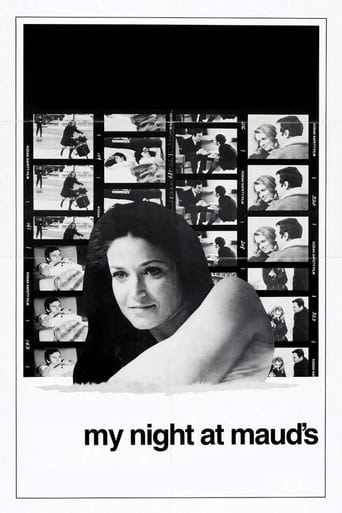
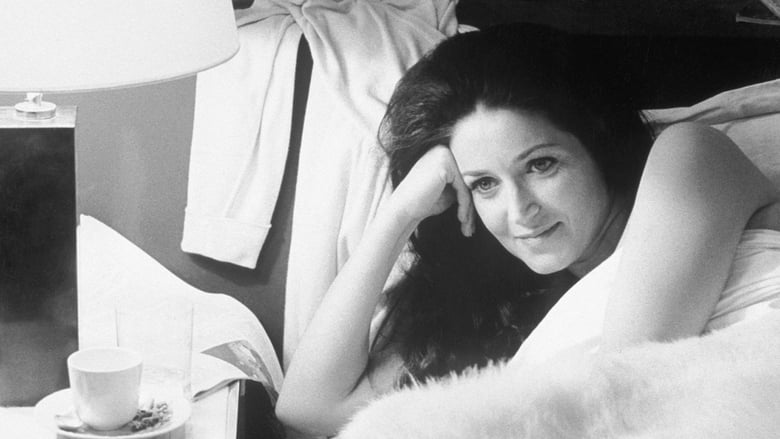
My Night at Maud's (1969)
The rigid principles of a devout Catholic man are challenged during a one-night stay with Maud, a divorced woman with an outsize personality.
Watch Trailer
Cast
Similar titles
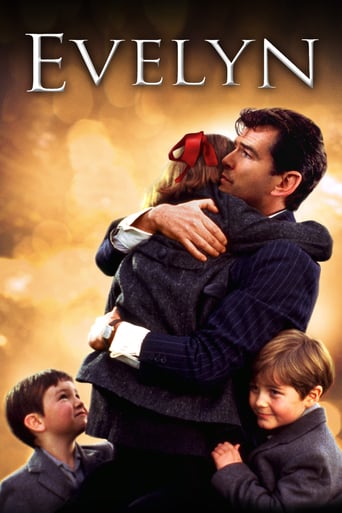
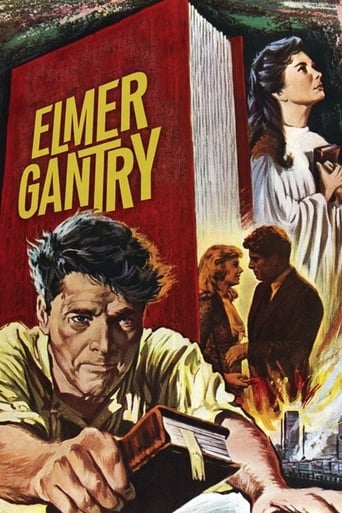

Reviews
I think this is a new genre that they're all sort of working their way through it and haven't got all the kinks worked out yet but it's a genre that works for me.
Simple and well acted, it has tension enough to knot the stomach.
A film with more than the usual spoiler issues. Talking about it in any detail feels akin to handing you a gift-wrapped present and saying, "I hope you like it -- It's a thriller about a diabolical secret experiment."
Story: It's very simple but honestly that is fine.
The trendy statues being unmovable in the ordinary I add nothing not to go into the fawning, but for this movie which is one of better of Rohmer I allow myself a precision: as usual the director offers us stereotypes and the being fact that they are so much calcified, that they take an inverse shape during the movie. Whatever it pleases or not to these fanatics of the author of the legendary author from the french "Nouvelle-Vague".To begin with the central figure, Jean-Louis, the Catholic who does not know what he wants (as all the Catholics, moreover and I know what I'm talking about.) Thus, if we cross by the bourgeois à-priori very often seen - and a little bit terrible it is necessary to say - in the movies of Rohmer, many options during the narrative make that the story is easily allowed to follow.All in all the femme fatale of the intrigue, Maud (Françoise Fabian) is in fact the most romantic otherwise the one who thinks most: there is only to see the last sequence in the beach... As for the blonde Françoise (Marie-Christine Barrault) his character of future "femme-au- foyer" becomes in filigrame the most perverse, the most painless and in any case the character the most revealed by the end of the movie. Delicately perverse, as a matter of fact...Between the smart and wily brunette and the subdued blonde, opposite take off and let appear after all a situation other than we can think of formerly: everything is not as well simple as we are willing to believe it.Obviously it talks a lot and the whole contains a happy-end corresponding as in all the works of Eric Rohmer but its paradoxical and basic aspect is to be discovered.A must-see classic to see anyway with also a magnificent music.*I've got a lover
Wow...I just don't get it. This is actually the second time I have seen MY NIGHT AT MAUD'S because after the first time, I felt as if the film was boring. Now that I've seen hundreds of other French films, I thought I'd try it again--perhaps my first impression was way off base. Well, as I sit here watching the film, I am just amazed at how dull and talky the film is once again. DSespite many very positive reviews, I just can't get into the film. The characters seem so repressed and uninteresting. Listening to Jean-Louis Trintignant talk to an old friend about philosophy and religion, I felt like screaming. It all just seemed so incredibly pretentious and you wonder if ANYONE talks like that. And later, when Jean-Louis becomes infatuated with a woman, you once again wonder if anyone actually behaves that way--at least an normal person.The bottom line is that the film bored me to tears and I can't imagine why more don't have the same reaction. Maybe they did but just didn't want to see like a Philistine by saying they didn't have the patience for this film. Well acted, yes, but a hopelessly static script make this a film that is hard to take.
This is a look at one man's working through love and lust while trying to adhere to his Catholicism. Pretty talky. The main character is an engineer and mathematician; Pascal comes into the conversations in several places, particularly in the context of "Pascal's Wager." Also, Jansenism is mentioned a couple of times (I had to look it up). This film may have the most meaning for Catholics. The intellectualizing is presented in the context of ordinary conversations and interactions among intelligent people--I never felt that I was being preached at or assaulted with pithy comments coming from the overactive imagination of a screenwriter out to impress. The performances are fine and the presence of the beautiful Françoise Fabian (as Maud) is a plus. There is a precision, yet poetry, in the black and white photography.I think Rohmer took a page out of Truffaut's book for the final scene.
The first Rohmer i saw, and justifies his reputation of slow pacing and almost non-stop dialogue, but also his fame as a great director. He does not have anything of the joviality of his Nouvelle Vague friends Truffaut and Godard, which work i know better, being more serious and mature. The picture is filmed almost as a documentary, being very realistic, and in opposite of 99% of the movies, Rohmer doesn't move the camera all around in the dialogues, abusing of shots and reverse-shots, keeping the camera in one character. The many and long conversations are very intelligent, and all the characters are complex and interesting, specially the Jean-Louis Trignant' one, which reminded me of Prince Míchkin from The Idiot, because of the Christian quietness (Dostoiveski's words) that both have in common, i don't know if it was intentional. I usually doesn't like to rate movies, because it's hard to put how much you like a film in a scale of quality, but in cases of perfect works like this one, there's no doubt: 10/10

